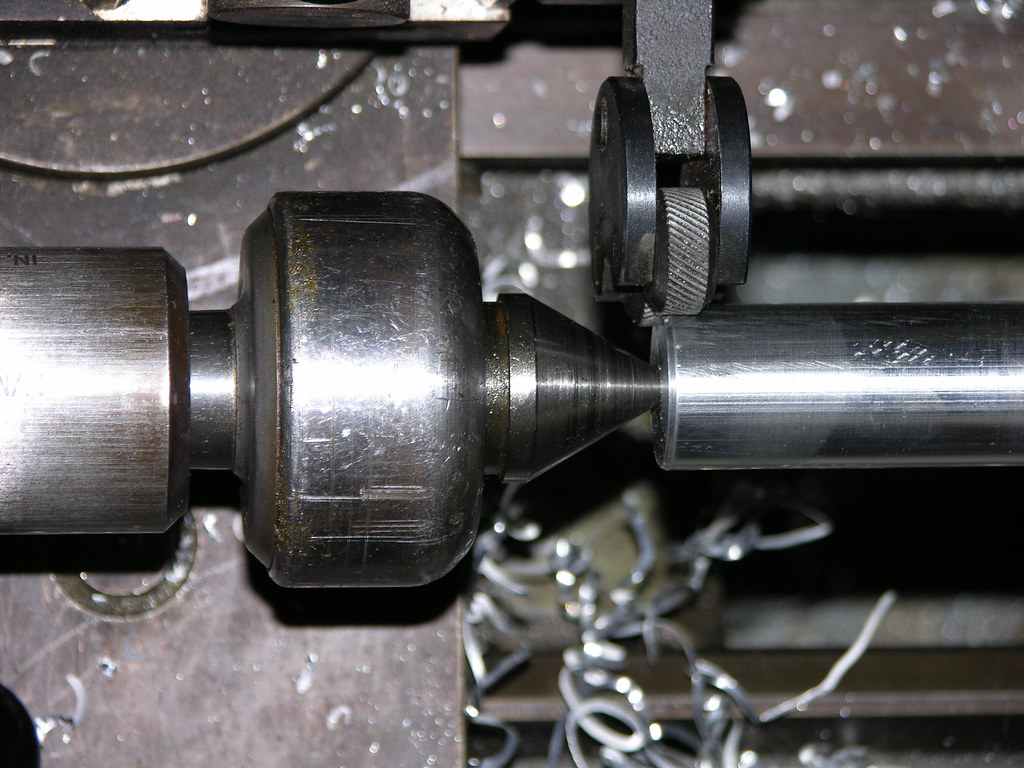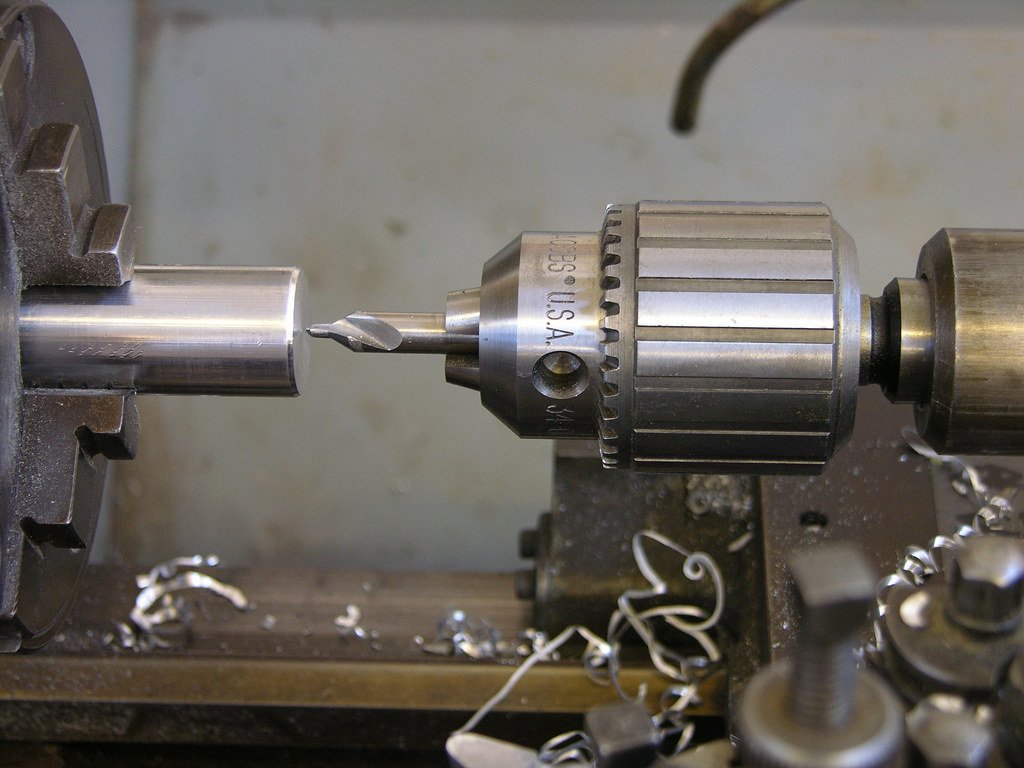Choosing the Right Metal: Materials for Durable and Precision Metalworking Spindles
If you’re beginning a new hobby or career in metalworking, you should know the importance of choosing the suitable metal for each job. Sometimes, selecting the appropriate materials for durable and precision metalworking spindles isn’t as easy. While choosing high-quality and durable metal is essential for attaining the desired results, many top-notch choices exist. This can make selecting specific materials difficult, and you might even feel bombarded with choices. Here is an overview that can help make choosing the proper materials for your metalworking spindles easy.
The Four Most Widely Used Metals
Four primary metals are used in metalworking: aluminum, stainless steel, copper, and brass. Each of these metals has advantages and disadvantages; choosing the best depends on many factors. There are certain instances in which you would select each of these metals, and here is a guide:
- Aluminum – This metal is one of the most versatile for many reasons. Firstly, aluminum is resistant to chemicals and can endure a variety of corrosive compounds. Aluminum is also able to easily withstand elevated temperatures without sustaining damage. Furthermore, this common metal is very malleable and easily manipulated into any shape necessary. These are just a few reasons to choose aluminum for your next project.
- Stainless Steel is another metal commonly used for durable and precision metalworking spindles because of its many advantages. Not only is stainless steel solid and resistant, making it able to remain intact even under the harshest conditions, but it is also resistant to corrosion and rust. This commonly used metal is also malleable and easy to clean due to its smooth surface. Stainless steel can also withstand some of the most extreme temperatures without becoming damaged or losing its shape.
- Copper is another CNC material that benefits CNC operators in many ways. One of copper’s most impressive features is that it effortlessly conducts electricity and heat, making it the ideal metal for projects in the electrical industry. Another benefit of copper is that it’s aesthetically pleasing, which can bring beauty and attractiveness to several projects. Additionally, copper has antimicrobial properties, enabling this metal to repel fungi, bacteria, and viruses naturally.
- Brass – When people think of brass, they picture its rich and attractive gold color. This is one definite benefit of opting for this metal for your next metalworking project. Another advantage of opting for this metal is that it is corrosion-resistant, making it ideal for use in several environments. Moreover, using brass for durable and precision metalworking spindles is a good idea because it’s highly malleable. Brass can also withstand strong friction due to its low coefficient of friction. Therefore, brass is ideal for projects that require a satiny surface.
Choosing the Proper Metal According to the Project
If you used the same metal for 100% of your projects, chances are some would be disastrous. This is why it’s essential to determine the best choice before beginning the project. Some things to consider are:
- Your budget – If you have a tight budget, choose the most affordable metal to meet your needs.
- Appearance—If you want the finished project to look good, you will need to choose a metal like brass or copper, which are known for their aesthetic properties.
- Environmental conditions—If your finished project is used in harsh environments, you must choose a metal that can easily withstand extreme temperatures, or its durability will be limited.
- Necessity for magnetic or conductivity capabilities – Some metal projects will need to be capable of conducting electricity or have magnetic requirements. Not all metals have these capabilities, so you must weigh your options.
- Thermal and heat exposure—Choosing metals that can easily endure thermal and high-heat environments. Failing to do so could result in a finished project lacking the durability you seek.
- Tools you have available – Some metals are soft and malleable, while others are hard and have less machinability. Therefore, you must choose the metal for your project based on the tools you will be using. If you opt for material that is too hard, you will undoubtedly experience some challenges in completing your project.
- Requirements for the finished surface—A smooth and satiny finished surface will be necessary for some projects, requiring a metal that can provide this. Brass is an ideal metal that will help you meet this requirement, but since additional elements must be considered, you could make a different choice.
Depending on the specific project, there may be more aspects to consider when choosing the suitable material, which will vary. The more experience you gain in choosing metals for durable and precision metalworking spindles, the easier it will be to determine what material to use for each project. Initially, making a choice might be time-consuming, but it can be completed more quickly over time. Soon, you will become an expert in choosing the suitable material each time.
As you can see, choosing a suitable metal is paramount if you expect your metalworking projects to succeed. Choosing the proper metal for each job doesn’t have to be overwhelming, and as long as you take the time to consider the specific project you’re working on and the environment, you’ll be working in, making the right choice should be easy. By creating a checklist for choosing the suitable metal for each project, you’re almost guaranteed to experience success with each project you complete.


















